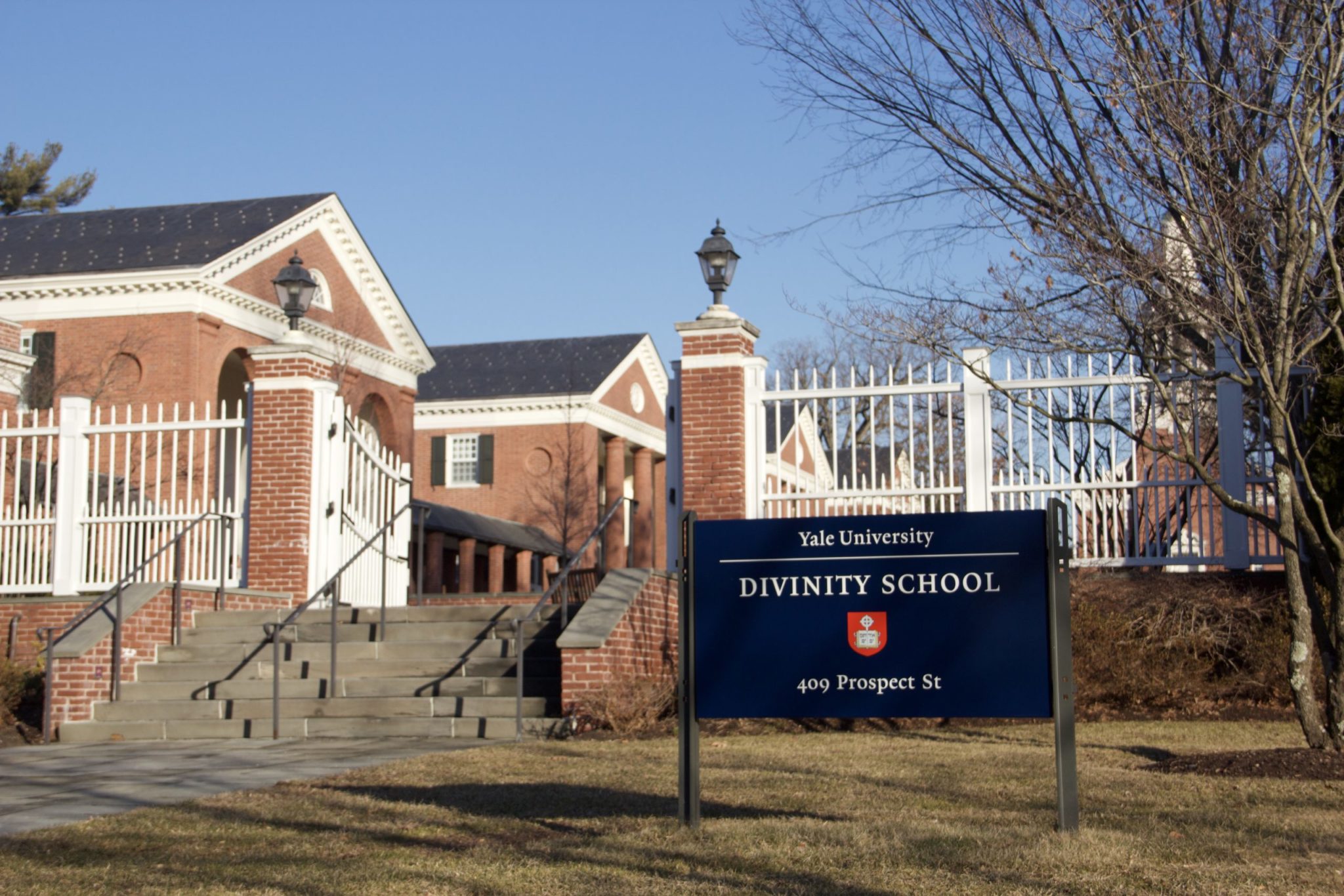Organizers prepare for Graduate Conference in Religion and Ecology
Two organizers of the Yale Divinity School’s annual conference, Claire Barnes and Katherine Smith, spoke to the News about this year’s vision.

Matthew Weisenberg, Contributing Photographer
Organizers are preparing for Yale Divinity School’s sixth annual Graduate Conference in Religion and Ecology, which will explore the intersection between nature, theology and healing.
The conference will take place on Feb. 25 on Zoom, with the theme “New Seeds, Strong Roots: Environmental Hope, Healing, and Restoration.” Co-coordinators Claire Barnes DIV ’22 and Katherine Smith DIV ’22 looked to previous conferences when crafting this year’s topic. Last year’s theme, “Ecological Place-Making Amidst Crises: Formation, Reliance, and Leadership,” aimed to put the climate crisis into the context of other social issues.
“Carrying on from last year, we are continuing to grapple with the climate crisis,” Barnes said. “Last year, crisis was more of an expansive term, it was in the plural. We were thinking about not only ecological crises, but also human crises, like COVID-19 and racial injustice.”
Last year’s conference explored the complicated definition of “crisis.” This year, according to Barnes, the event will continue to work with those definitions and will further consider ways to move forward when thinking about restoration and hope for people and the environment.
Barnes noted that the conference is striving to create an interdisciplinary space for graduate students to come together, voice their interests and share their research in religion and ecology as well as receive feedback from others.
The Divinity School and Yale School of the Environment alumni are encouraged to attend the conference. Barnes and Smith said they specifically hoped to provide a space for alumni who never had the chance to explore the intersections of ecology and spirituality.
It was only in 2016 when the Divinity School introduced the “religion and ecology” concentration to its Master of Arts in Religion degree, so the conference will explore new topics for many alumni.
“The program in Religion and Ecology is relatively new in the Divinity School,” Barnes said. “The discipline of religion and ecology has recently become more mainstream. Alumni might be interested in exploring what they didn’t have when they were here.”
Yale Divinity School’s Director of Communications Tom Krattenmaker noted a “growing sense of student and faculty interest” in the intersection of religion and ecology.
Presenters at this year’s conference will include Yale graduate students as well as speakers from a range of different schools and countries. For example, Natasha Chawla, a graduate student at the University of Oxford who studies theology and religion, will speak about the differing attitudes to nature within religious groups during the industrial revolution.
Other presenters come from Emory, Cambridge University and Lady Doak College in Madurai, India.
Smith wanted to take on a leadership role in the conference because of her desire to create interdisciplinary dialogue on an “important and timely” topic of ecology. She hopes that attendees will leave the conference with regained energy.
“It’s no secret that there is a heaviness to our current times, and I hope this conference offers a respite and an opportunity to ignite new thoughts and hopes,” she said. “I desire everyone to taste that which the theme of our conference explores: hope, healing and restoration.”
The Divinity School was founded in 1822.







